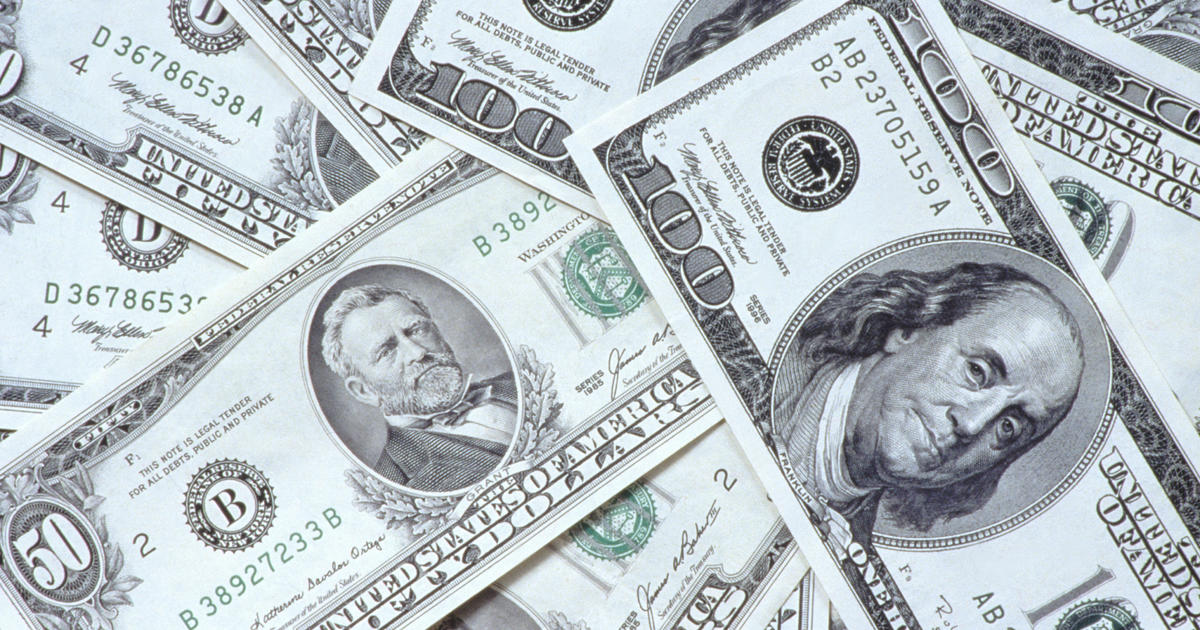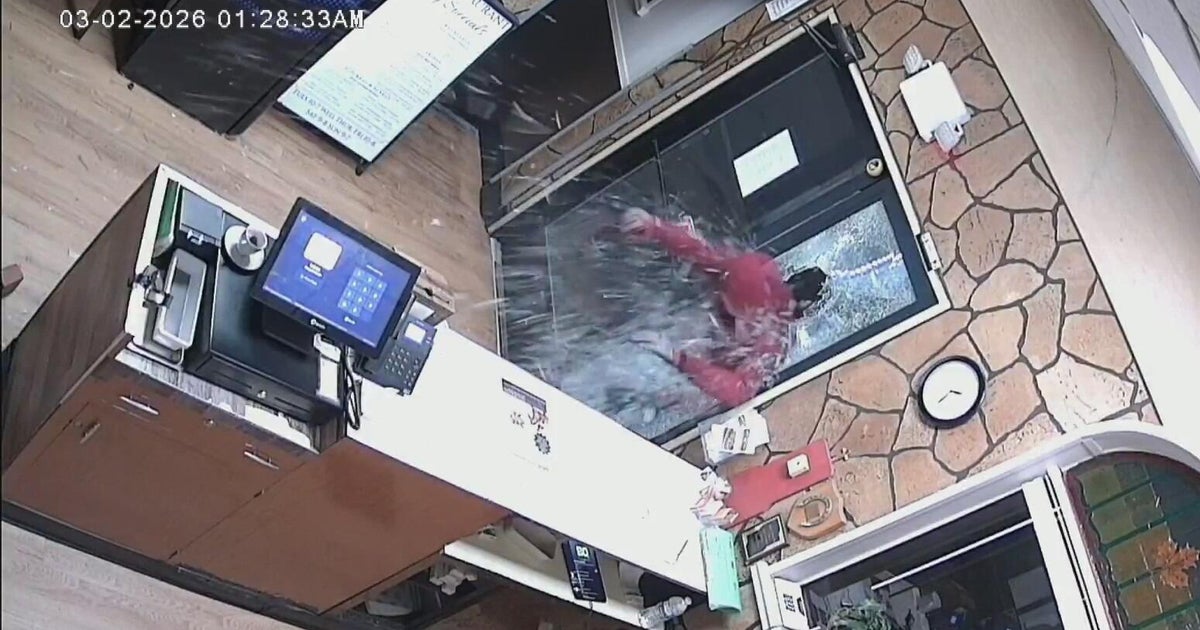Borrowing From Your 401(k) Is Costly And Risky
By Amy E. Feldman
PHILADELPHIA (CBS) - I need some cash. I know where I can get it! From me.
Sounds like a good plan: rather than paying those evil bankers to get a loan, why don't I just use my own money in my 401(k) plan and then only have to repay myself. And I'm not evil. Most of the time.
Here's the thing: while the law allows you to borrow up to $50,000 from your 401(k) plan, there are tax law implications.
When you contribute to a 401k normally, the money goes in before taxes are taken out, and the taxes are paid when you withdraw the money during retirement. But, if you borrow against that 401(k), when you pay back the loan, the payments are made with after-tax dollars. When you take the money out again in retirement, you'll have to pay taxes on the money again.
But the tax issue is even less of a problem than what happens if you are laid off or quit your job. Because, unlike a typical five-year repayment schedule on a 401k loan, if you're not employed anymore you may be required to pay off the entire balance, usually within 60 days.
The majority of workers who leave their employers with a 401(k) loan outstanding wind up defaulting on their loans. A recent study published by the Wharton School and discussed in The Wall Street Journal found that more than six billion dollars a year in 401(k) loans wind up in default.
Talk to your plan administrator before making any decisions.







